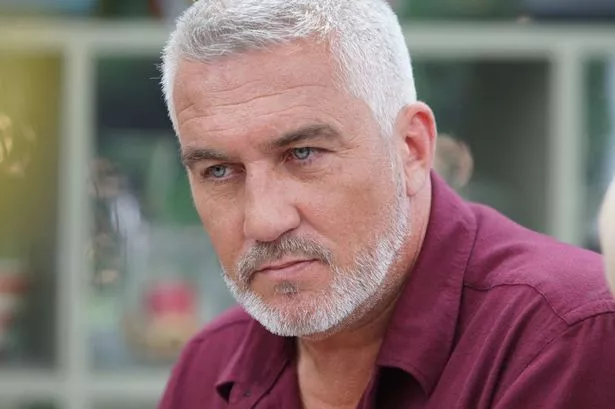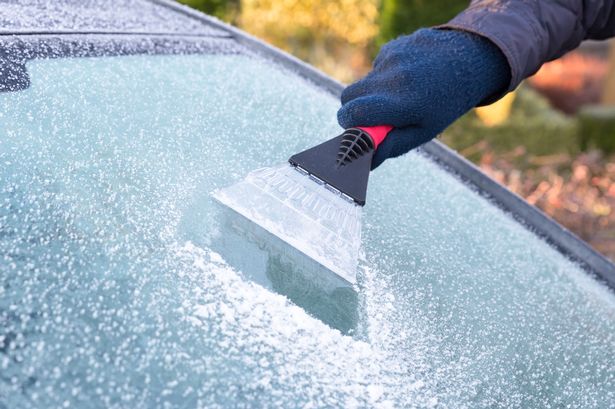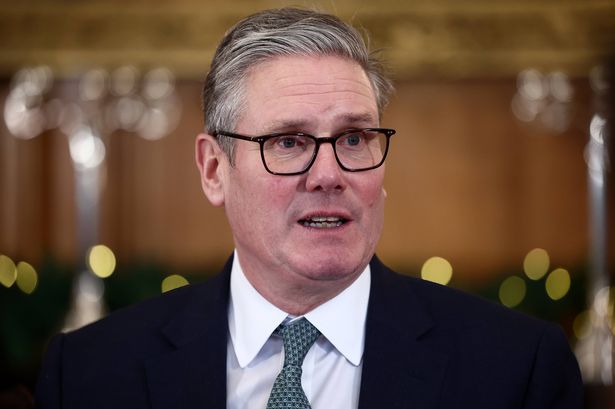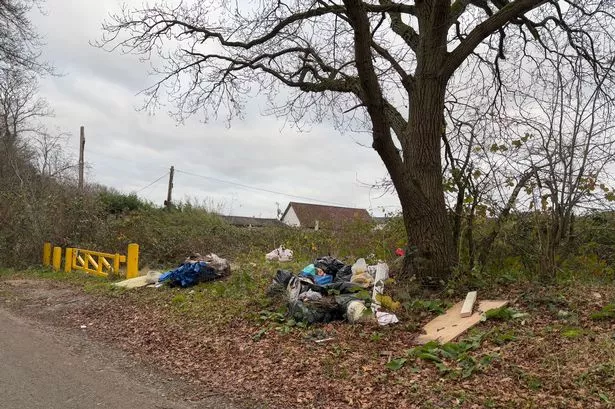A medical director has issued a stark warning about 'rogue' sperm donors who offer their services via Facebook, stating that they pose 'significant risks' to women. These men, who advertise either natural insemination - unprotected sex - or partial insemination on social media groups, could be putting desperate women at risk of exploitation and sexually transmitted infections, among other dangers.
The men typically post in these groups asking if anyone is seeking a donor in a specific area, or respond to posts from women looking for donors, with messages such as: "DM [direct message] me."
Some also offer artificial insemination, providing a semen sample for the women to use. However, the Medical Director at Care Fertility has now raised concerns over these unregulated practices, particularly given the rise in sperm donation through social media.
Recipients, often from the LGBTQ+ community but also including heterosexual couples, could face potential "medical, legal and ethical" issues. Donors are frequently not screened for genetic diseases that could affect the child, or infectious diseases like HIV.

Dr Victoria Sephton, chief medical officer at Care Fertility, told Birmingham Live: "The rise of sperm donation through social media highlights the demand for alternative family-building options, but this unregulated space carries significant risks."
"Without the safeguards provided by a clinic licensed by the Human Fertilisation and Embryology Authority (HFEA) recipients face potential medical, legal, and ethical issues. Informal donors are often not screened for infectious diseases like HIV or genetic conditions.
"The protection of the law ensures donors registered with the HFEA won't have parental rights. There also are restrictions on the number of families a HFEA registered donor may create but these restrictions do not apply in informal donation."

There is also no way to be sure the donor is even fertile, leading to possible exploitation of women through the groups.
She continued: "There is no guarantee of an informal donor's own fertility which may lead to exploitation or misrepresentation. When treatment is with the sperm of a HFEA-registered donor, a donor-conceived child can access health or genetic information that may be important to them later in life."
"They can also access information about the identity of their donor when they reach age 18 and information about any genetically related siblings. None of this information may be available in informal donations."
Dr Sephton urged anyone looking to start a family to use a HFEA-licensed fertility clinic to access treatment with donor sperm. She said: "There is sometimes a misconception that it's very complicated to get a sperm donor and people don't want to have to jump through lots of hoops.
"In reality, it's actually straightforward and licensed clinics are there to provide safe treatment and offer support to those trying to conceive. While social media might seem to offer a direct, cost-effective solution, the risks are likely to outweigh the benefits."























